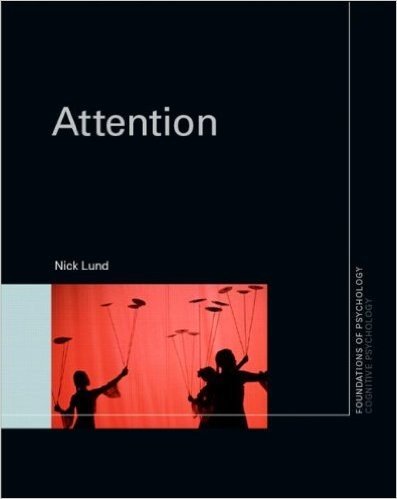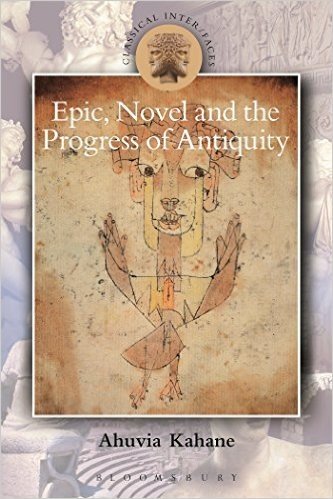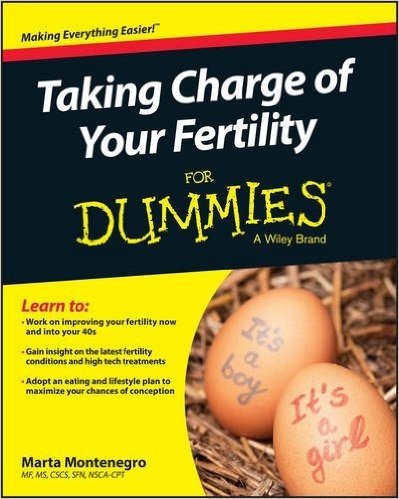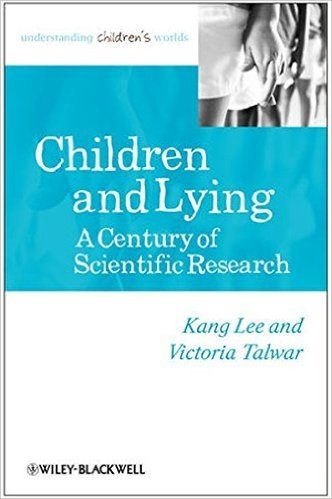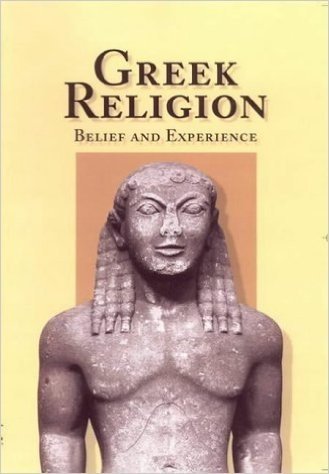Strategy in US Foreign Policy After the Cold War baixar o livro de graça
de Nicholas Kitchen
Publisher Routledge; Edição: 1
This book studies the debates surrounding the grand strategy of the United States following the Cold War. It assesses the strategic ideas that have been advanced to conceptualise American foreign policy, grouping these thematically under the headings of primacy, neo-isolationism and liberal multilateralism. The conceptual framework is within the neoclassical realist school of international relations theory, assessing particularly how strategic ideas in a given international system context are translated by the foreign policy executive into grand strategy. In doing so it covers the central contested ideas of American strategy after the Cold War: the level and form of American power; the nature of security threats; the role of idealism in foreign policy, in particular with regard to democracy promotion; the utility of international institutions; America’s appropriate place in the world; and the priority of domestic or international interests. The book makes the case that the ideas of each strategic school-of-thought reflect both a distinctive theoretical understanding of international relations and a particular tradition in United States foreign policy. Furthermore, it makes the more general structural claim that under conditions of limited or contested threat such as the apparent unipolarity of the post-Cold War years, great power strategies are less determined by the imperatives of international structure, and the process of grand strategy formation reflects to an unusual degree the domestic concerns and balance of ideas of the foreign policy executive.
- Nicholas Kitchen Autor:
- 0415607507 Isbn 10:
- 978-0415607506 Isbn 13:
- Capa dura Páginas de capa mole:
- Routledge; Edição: 1 Publisher:
- 789 g Peso:
- 789 g Peso:
- Inglês Idioma Strategy in US Foreign Policy After the Cold War:

